For Heidegger, the holy is what precedes the appearing of god(s). The holy is the site in which...
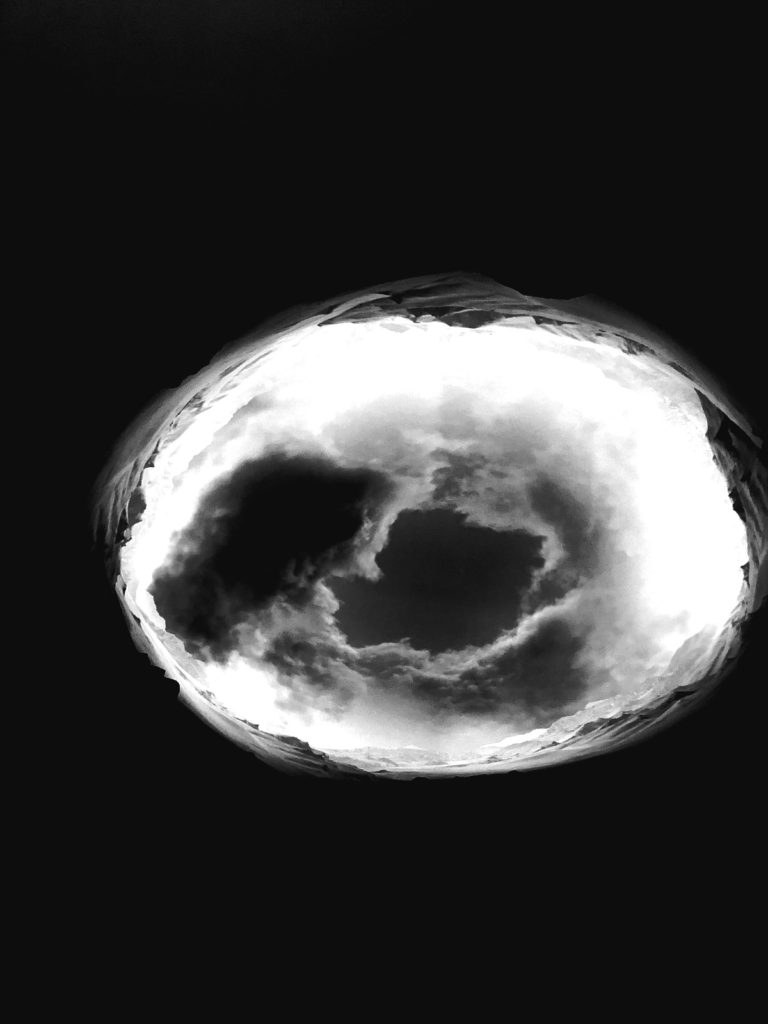

For Heidegger, the holy is what precedes the appearing of god(s). The holy is the site in which...
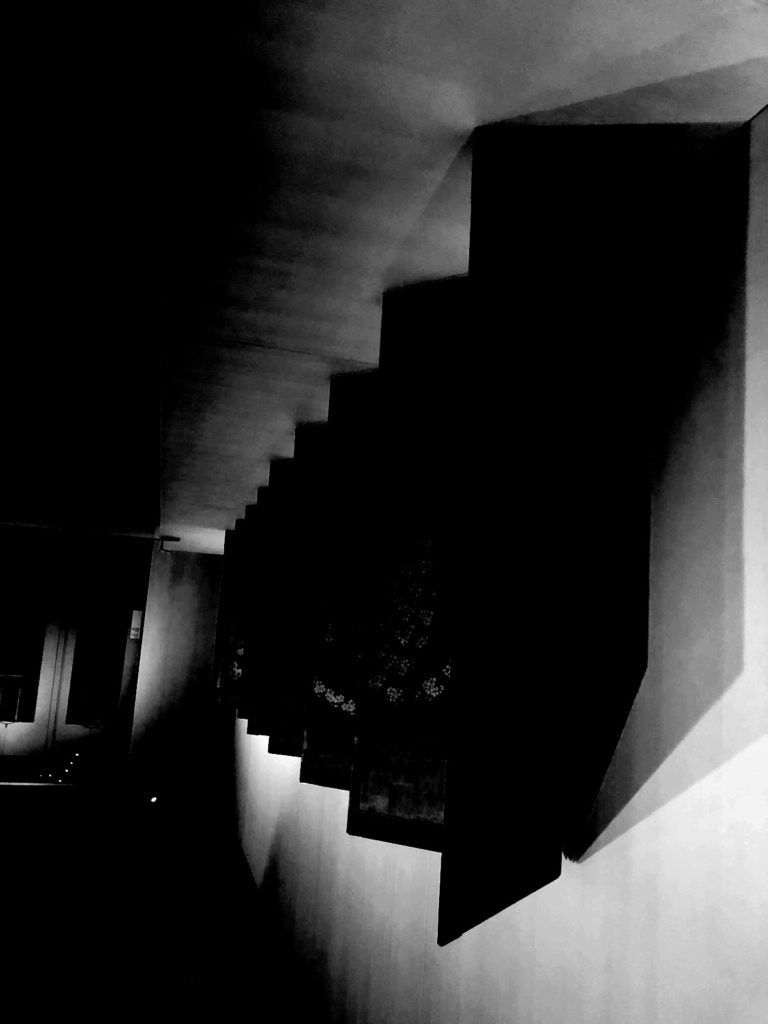
For Sartre, freedom and responsibility are linked in such a way that places them in a constant relatedness...
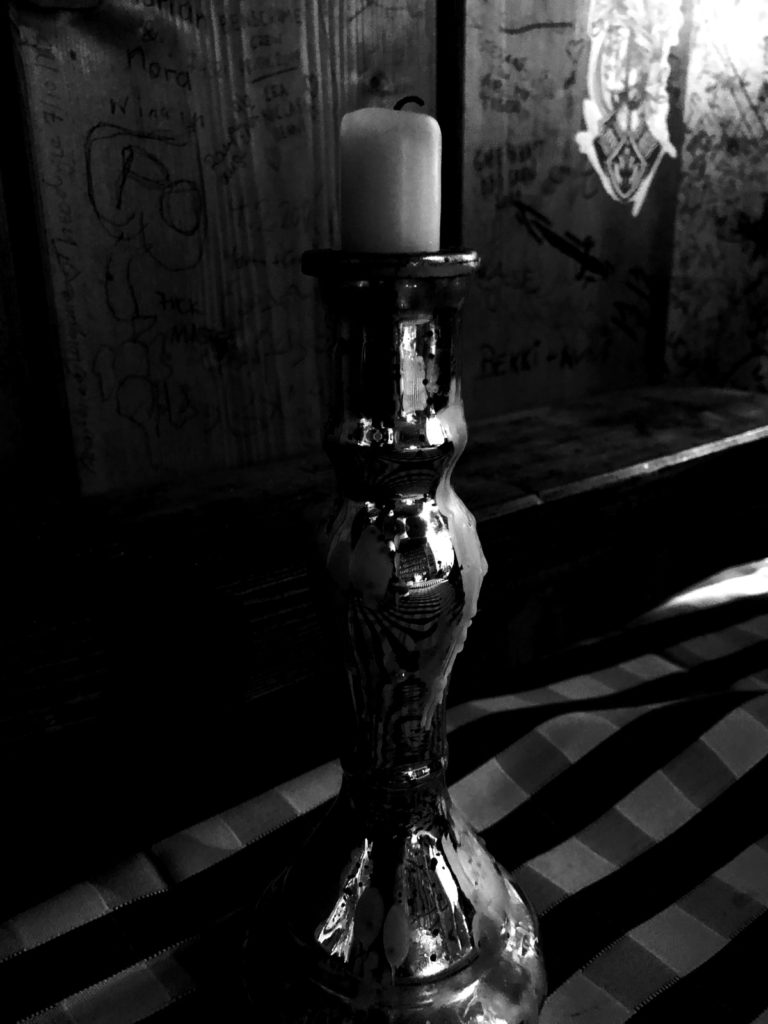
In The World as Will and Representation, Schopenhauer defines egoism as an event in which a person “makes...
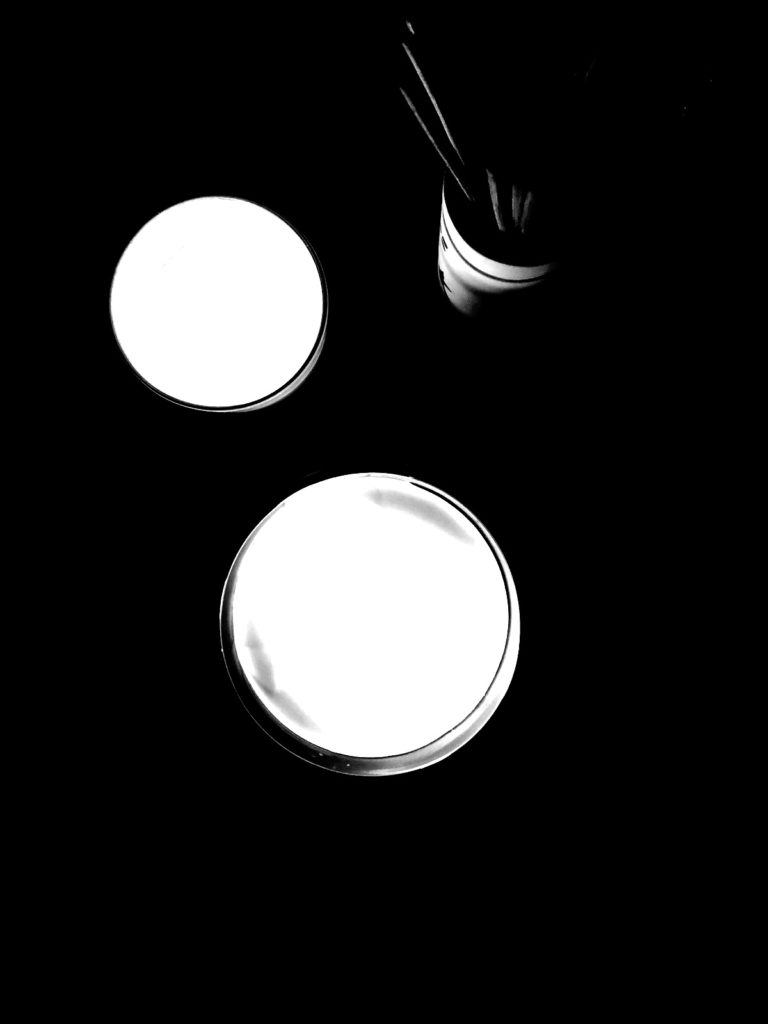
In the writings and works of Camus, two forms of hope are constantly placed over against each other:...

Mourning and melancholia are two types of depression. In melancholia, Freud noticed a splitting of the ego and...
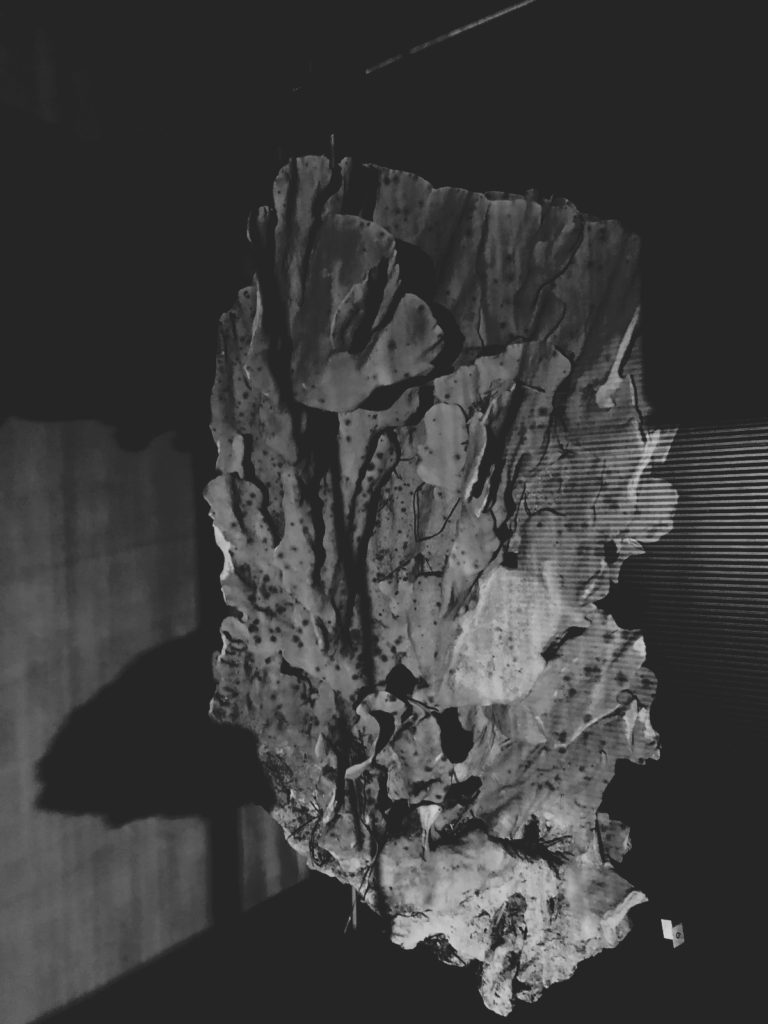
Heidegger attempts to solve the problem of other minds by analyzing Dasein’s “being-in-the-world”. Dasein’s everydayness is essentially “being-with”...
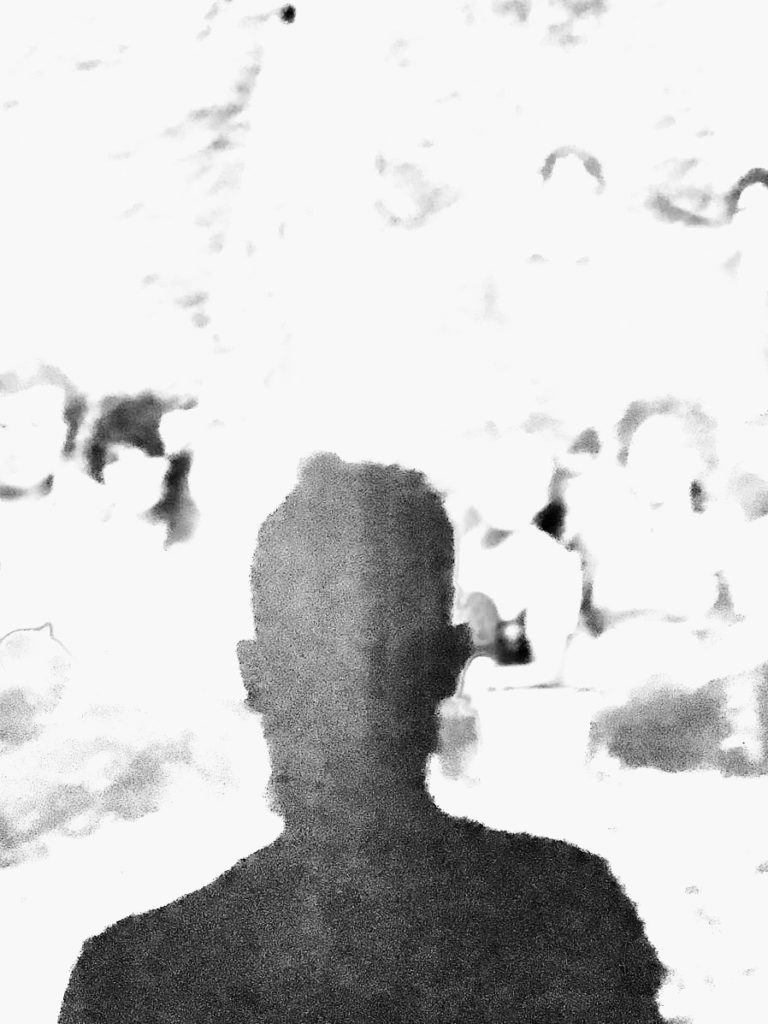
According to Schopenhauer, “all life is suffering”. Hence, suicide might arise as a possibility, as the only response...

In Being and Nothingness, Sartre attempts to overcome solipsism by proving the existence of other minds through his...

For Heidegger, language is that through which being shows itself. And in poetry, when it is an originary...

The notions of repression, the unconscious, madness, and sex lie at the heart of Freud’s psychoanalysis; they also...
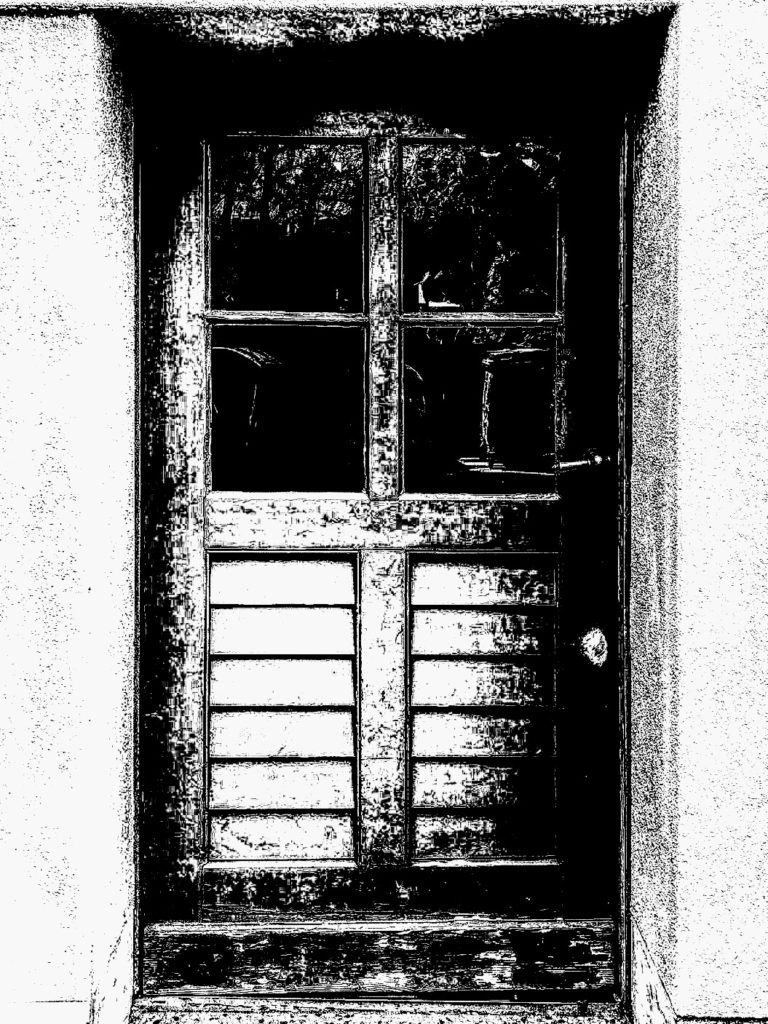
In the philosophy of Schopenhauer, there is a relation linking together religion, philosophy, and salvation, yet this relation...

For Sartre, the contingency of being means existing without ever finding the reason for this existence and hence...

Heidegger thinks the earth in his thinking of the fourfold, which names the gathering of earth, sky, mortals,...
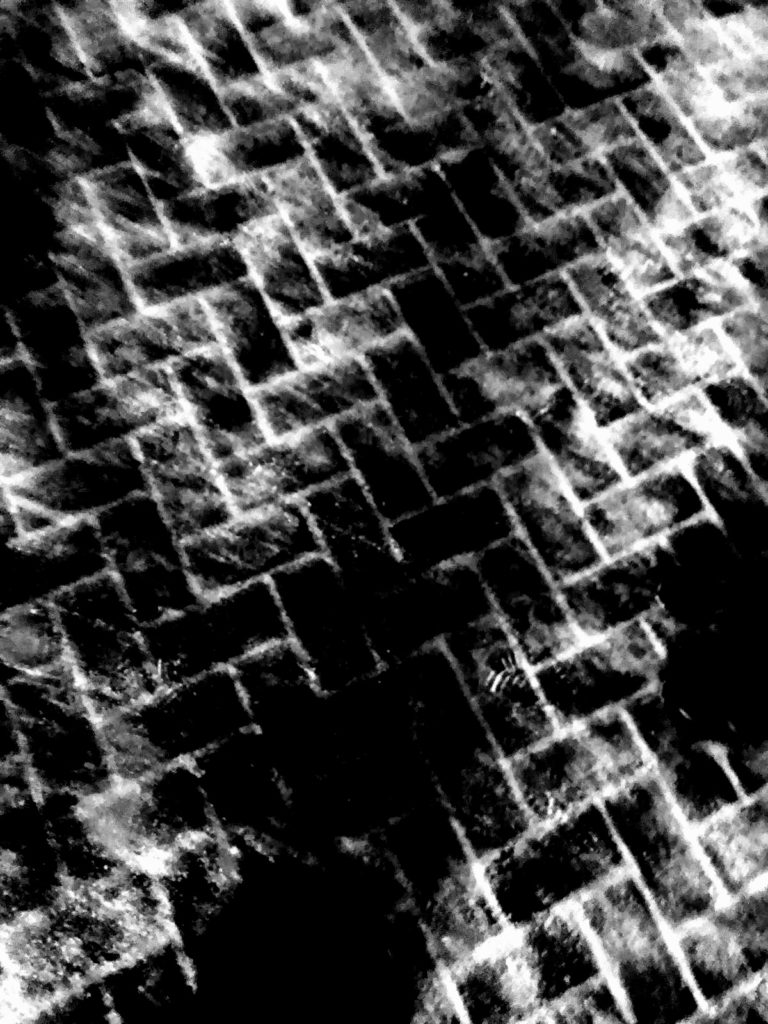
For Sartre, there are two modes of being: “Being in-itself” and “Being for-itself”. “Being for-itself” is the mode...
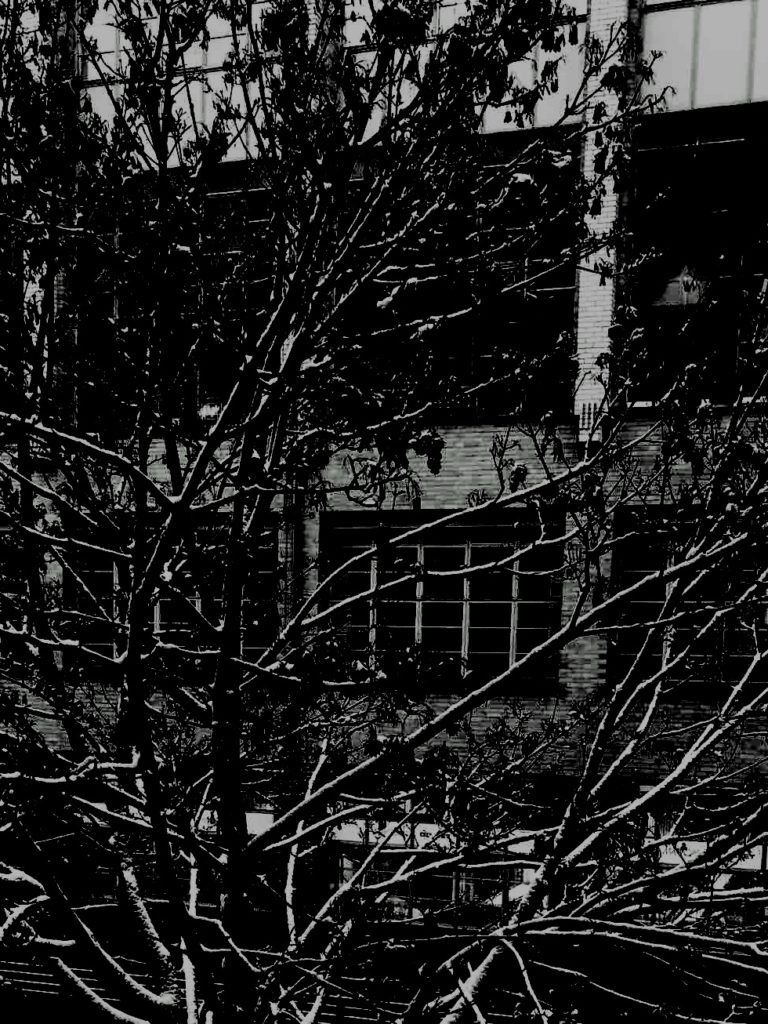
Heidegger describes the Being of “Dasein” as “being-there”, where “there” refers to the world. For Heidegger, the world...
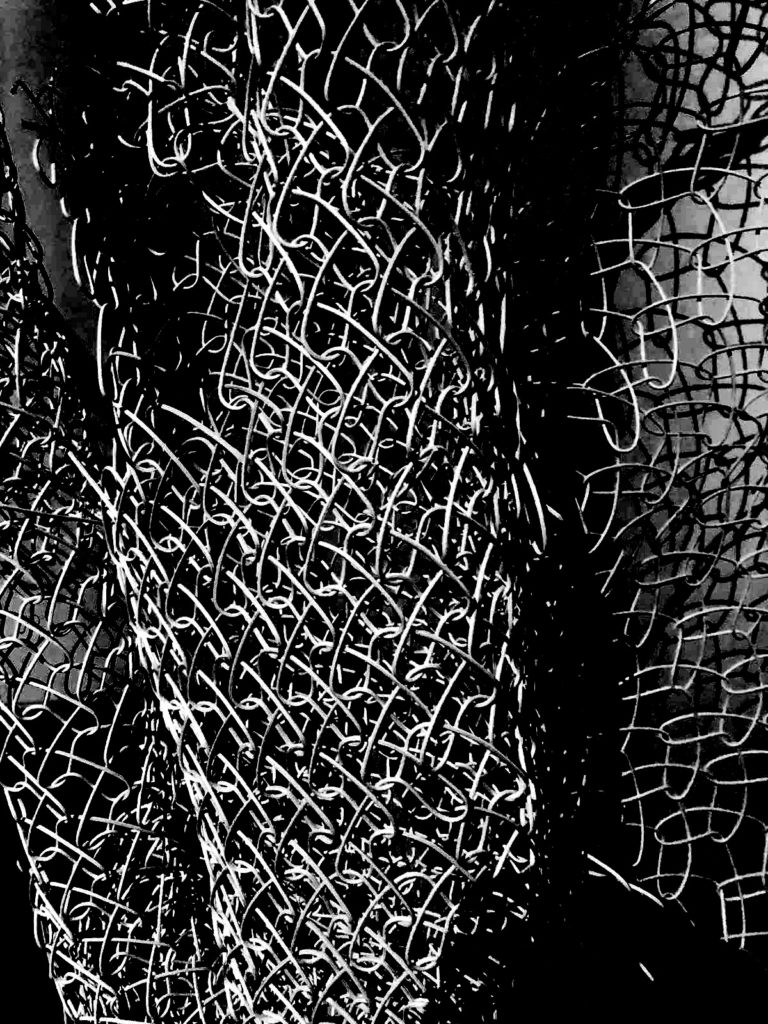
What is existentialism? Perhaps there is no direct answer. That which gathers itself into the term “existentialism” is...

Perhaps this is one of the first questions that should be asked whilst approaching the philosophy of Heidegger:...

It is always the moment in which the world decides to distance itself from oneself and leaves one...
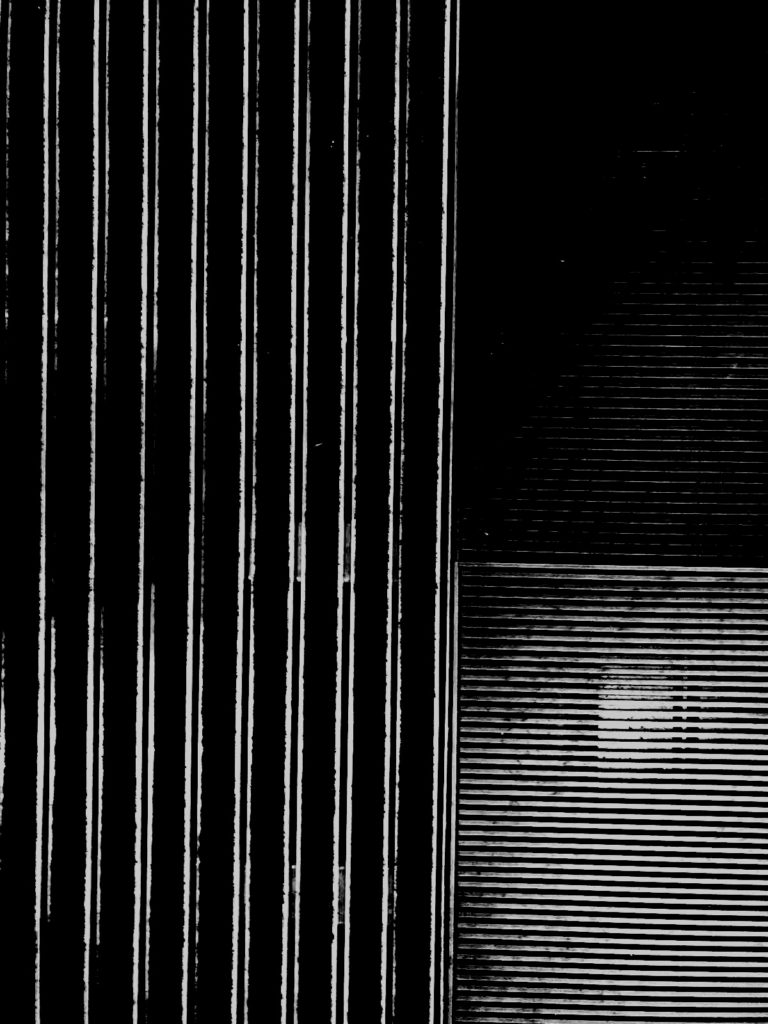
Poststructuralism passes through Freud’s thinking-theorizing in its disrupting of metaphysics, yet this passing transforms that through which it...
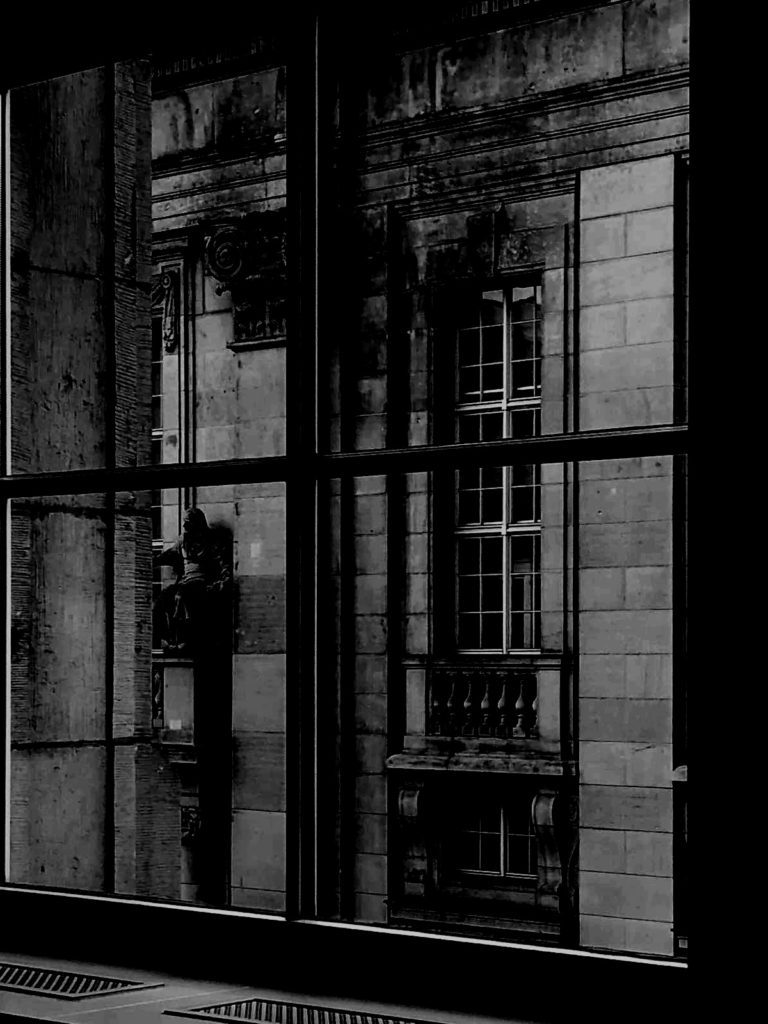
The German word that Heidegger uses is Befindlichkeit, which does not mean ‘mood’, but rather ‘how one finds...